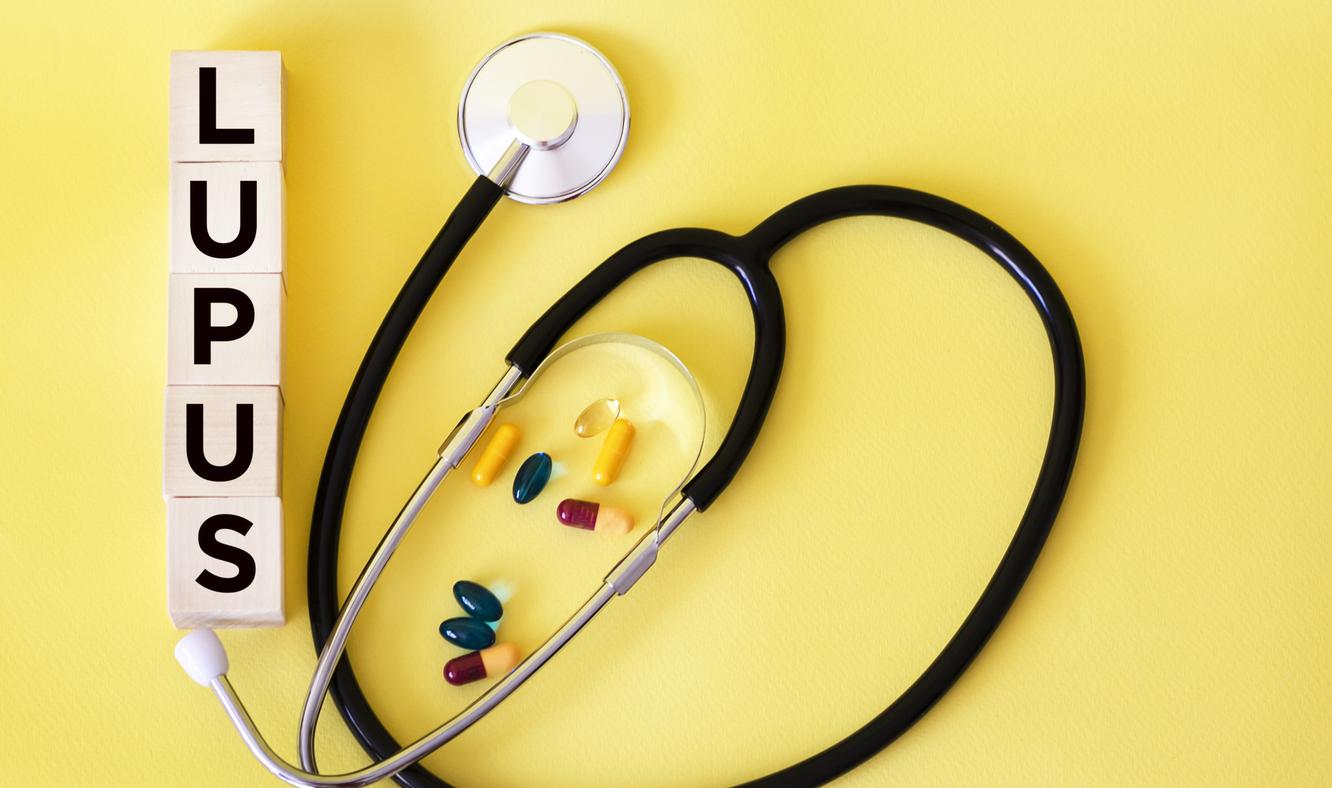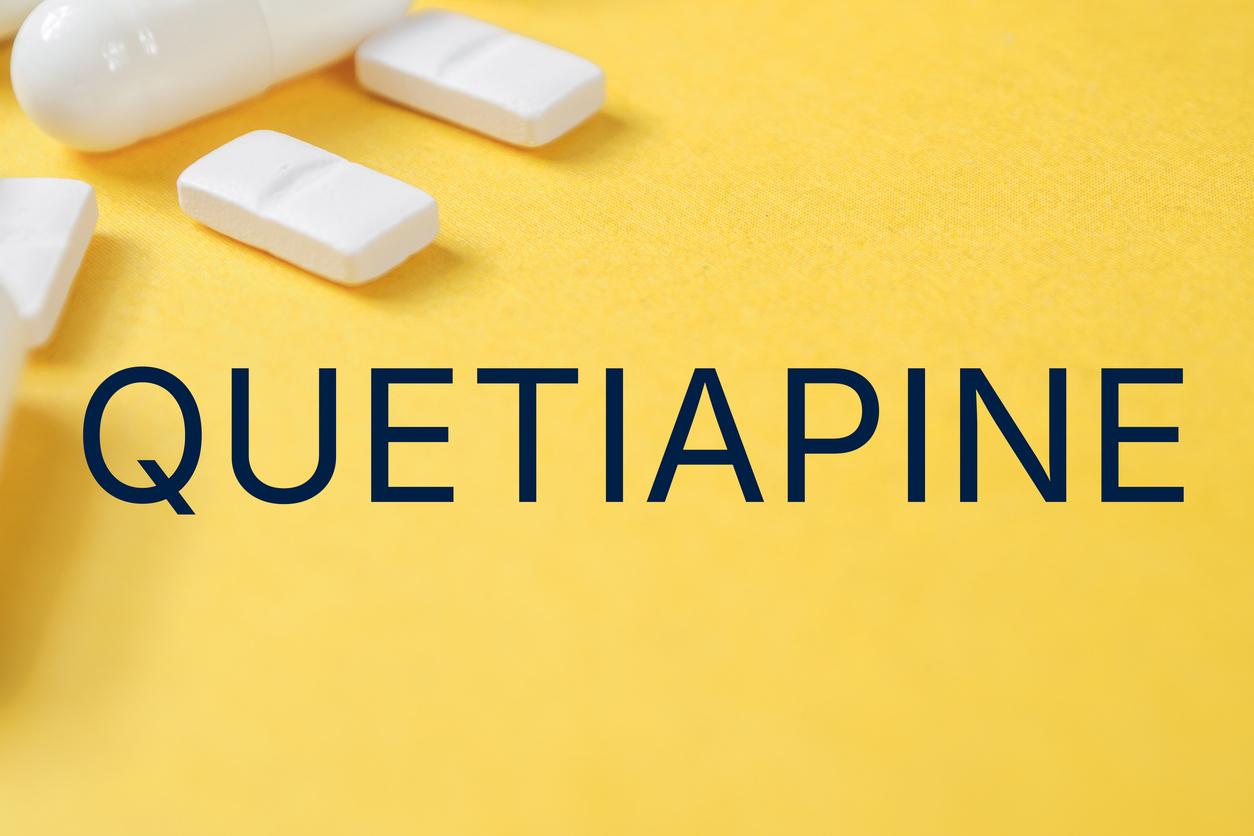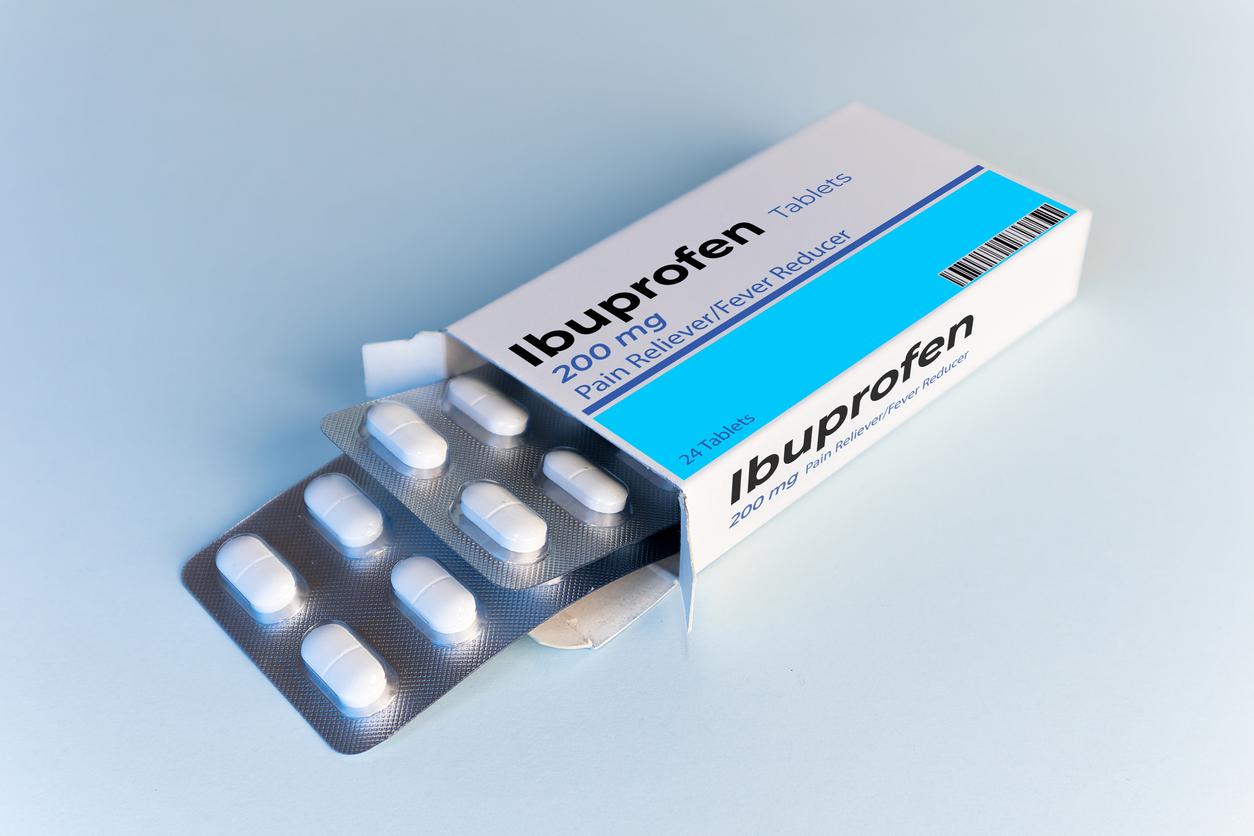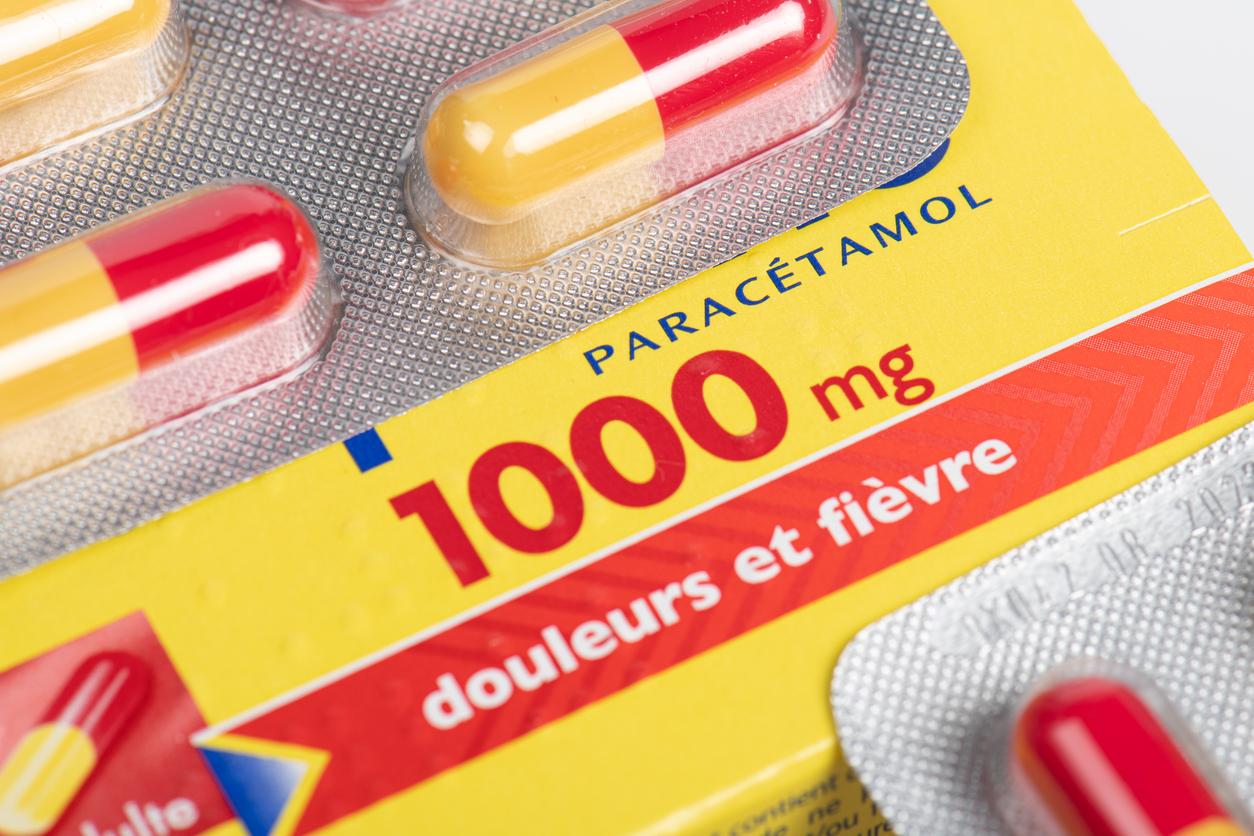Taking ubrogepant before the headache starts helps people with migraine function normally and go about their daily activities.

- Ubrogepant is a calcitonin gene-related peptide receptor antagonist, or CGRP inhibitor, a protein that plays a key role in the migraine process.
- In one study, 65% of patients who took the drug during the prodrome reported feeling “not at all limited – I could do anything” or “a little limited” 24 hours after administration.
- Using this treatment at the first signs of migraine is also associated with greater satisfaction with the medication.
Migraine is an invisible disability whose impact is underestimated. In a recent study, researchers from the Albert Einstein College of Medicine in the Bronx (United States) wanted to know if taking a treatment during the prodrome, i.e. a sensation of the onset of a headache, could improve patients’ daily lives. The drug in question is ubrogepant. It is an antagonist of the calcitonin gene-related peptide receptor, or CGRP inhibitor. As a reminder, CGRP is a protein that plays a key role in the migraine process.
Migraine: 518 adults took either ubrogepant or placebo during the prodrome
For the research, the scientists recruited 518 people who had suffered from migraine for at least a year and had had two to eight migraine attacks per month in the three months prior to the study. All participants could tell that an attack was coming, based on early symptoms such as sensitivity to light and sound, fatigue, neck pain or stiffness, or dizziness.
The adults were divided into two groups. The first group received a placebo for the first set of pre-migraine symptoms, followed by 100 milligrams of ubrogepant for the second set of symptoms. The second group took ubrogepant for the first set of symptoms and a placebo for the second. Then, the volunteers rated their activity limitations in a diary using a scale from zero to five, with 0 meaning “not at all limited – I could do anything”; 1, “a little limited”; 2, “somewhat limited”; 3, “very limited”; or 4, “extremely limited.”
Two hours after treatment, 73% of patients “could function normally”
According to the results, published in the journal Neurology24 hours after taking the drug, 65% of people reported feeling “not at all limited – I could do everything” or “a little limited,” compared with 48% of those taking the placebo. The authors found that two hours after taking the drug, patients taking ubrogepant were 73% more likely to report feeling “no disability, I could function normally” than those taking the placebo. Eight and 24 hours after dosing, the rates of participants who were “satisfied” or “extremely satisfied” were higher for ubrogepant than for placebo.
“This treatment could therefore allow migraine sufferers who experience the prodrome to quickly treat attacks in their early stages and continue their daily lives with little discomfort and disruption,” concluded Richard B. Liptonlead author of the study.



















